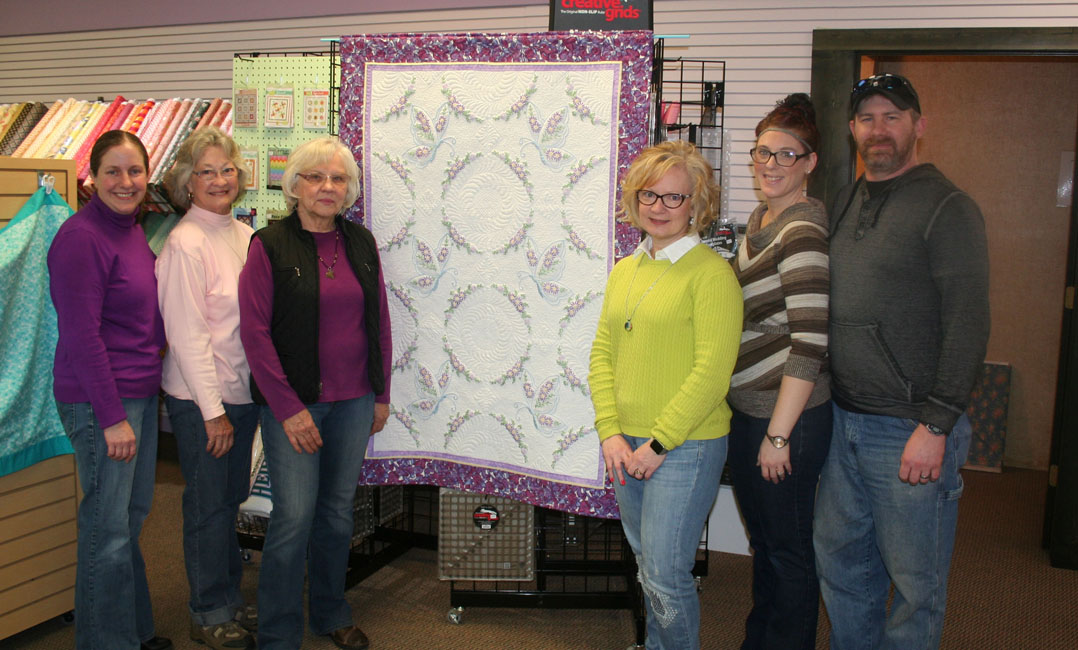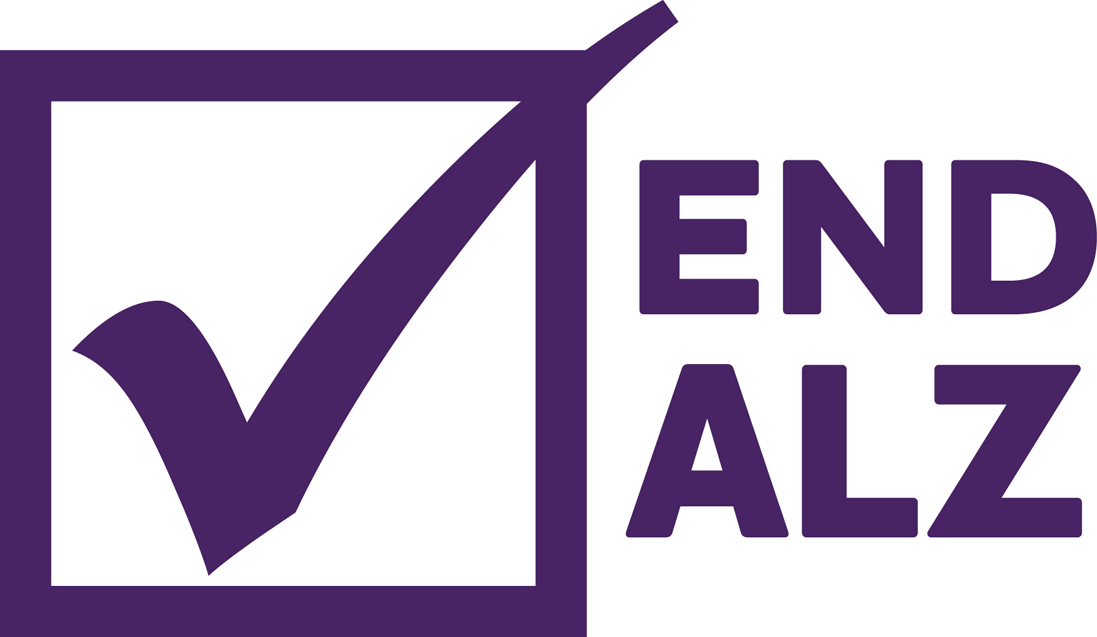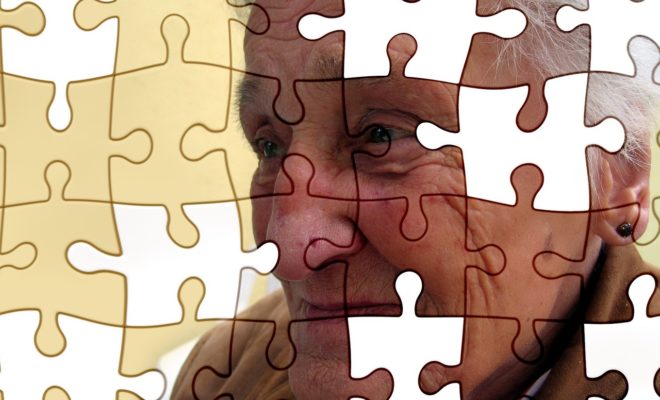Living in Elaine’s world
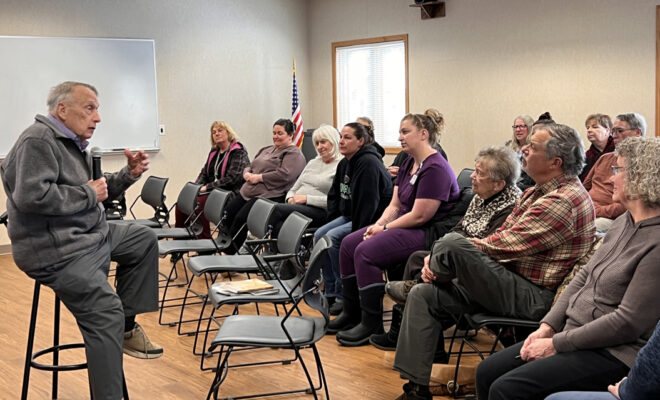
The ADRC of Oneida County hosted former Wisconsin Gov. Martin Schreiber as he toured the state to tell his wife’s story and talk to Alzheimer’s caregivers. Submitted photo
Former governor talks about his wife, coping as Alzheimer’s caregiver
By Eileen Persike
Editor
RHINELANDER – Martin Schreiber’s message was straight forward.
“People can get involved, they can make a difference by volunteering, they can make a difference by getting involved in the walk; they can make a difference by better understanding this disease.”
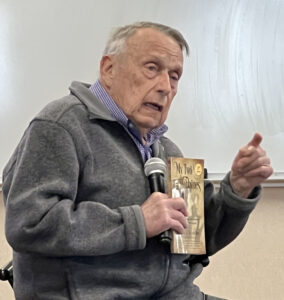
The disease is Alzheimer’s, and over the last 20 years the former Wisconsin Governor learned to better understand it as he cared for his wife, Elaine. In 2022 Schreiber self-published the book, “My Two Elaines; Learning, Coping and Surviving as an Alzheimer’s Caregiver.” Since then, the book was picked up by a publisher and updated by the author.
“The book is based on the principle that if Alzheimer’s is bad, ignorance of the disease is worse,” said Schreiber. He has been touring the state to promote his book, the Alzheimer’s Association and county Aging and Disability Resource Centers and made a stop in Rhinelander.
Caregivers, and even doctors, he added, do not understand the disease and don’t know how to handle it. This, he said, makes the life of the person living with this disease and the life of the caregiver more difficult.
“I call Alzheimer’s ‘Not a Chicken Casserole Disease,’ because if I fall or have heart surgery, you’ll bring me chicken casserole,” Schreiber said. “But if someone has Alzheimer’s, because they don’t understand this disease, friends and neighbors and relatives, even siblings will shy away from it and stay away.”
So he wrote “Two Elaines,” to help caregivers cope and survive.
In the revised edition of his book, Schreiber included notes on things he wishes he had known at the start of Elaine’s journey with the disease. For her part, Elaine also kept notes and journals from the time she was diagnosed, which Schreiber said gives a firsthand insight into what was going on in the mind of someone who knows they are losing their mind.
“My wife died about a year ago after living with this disease for 20 years. There are many mistakes I made because I didn’t understand this disease,” Schreiber recounted. “I would argue with her about what was and what wasn’t and finally, when I understood this disease and realized that I should be living in her life, rather than keep her in my life, that made all the difference in the world. Join the world of the person who now is.”
Living in Elaine’s life involved what he calls “Therapeutic Fibbing,” to help her live her best life possible. This practice developed one day after Elaine asked how her parents were doing, and he told her they were both dead.
“Seeing the shock on her face, I said I’m never going to put her through that again. So next time she asked me, how are my parents? I said, ‘they’re really well, they’re doing good;’ and Elaine said, ‘that makes me feel so good’,” Schreiber said.
When Elaine was diagnosed in the early 2000s, Alzheimer’s could not be cured, prevented nor delayed. The same remains true today. There are drugs on the market now that can delay the disease to some extent, he noted; if you can afford the drugs. Hope, Schreiber said, lies with the Alzheimer’s Association and the ADRC.
“The Alzheimer’s Association played a great role in helping me survive, live and cope. They have a 24-hour hotline that you can call anytime, because sometimes you’re so exasperated you don’t know what to do,” he added. They can also help with tough decisions.
Elaine lived her last eight years in an assisted living memory care unit. For her husband, it was an “unbelievably difficult decision,” and was both emotionally and financially challenging.
Schreiber said it is crucial that caregivers also take care of themselves – some 40% of caregivers nationwide die before their loved ones – and ask for help when needed. Families in rural areas, often the most underserved he noted, can always contact their county ADRC and the Alzheimer’s Association. The 24/7 hotline for Alzheimer’s Association is 800-272-3900. Call the Oneida County ADRC at 715-369-6170. Rhinelander’s 2023 Walk to End Alzheimer’s is Sept. 16.
Leave a reply
You must be logged in to post a comment.

